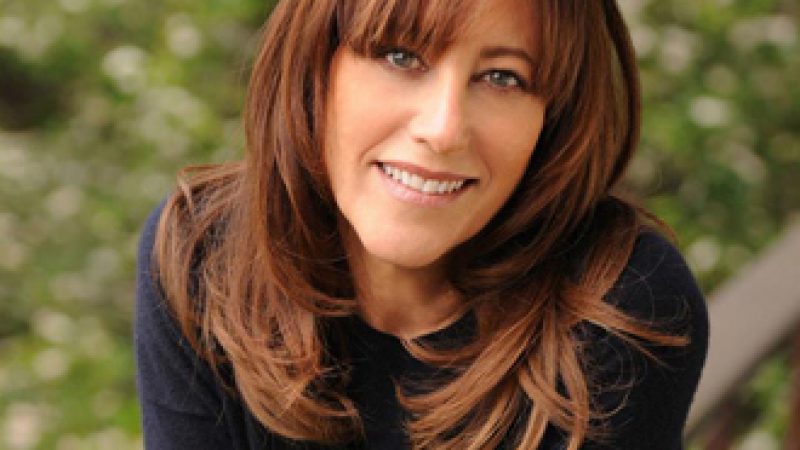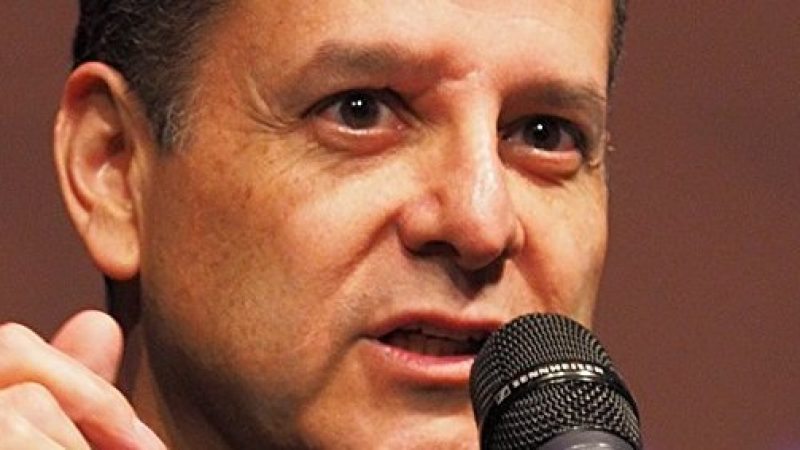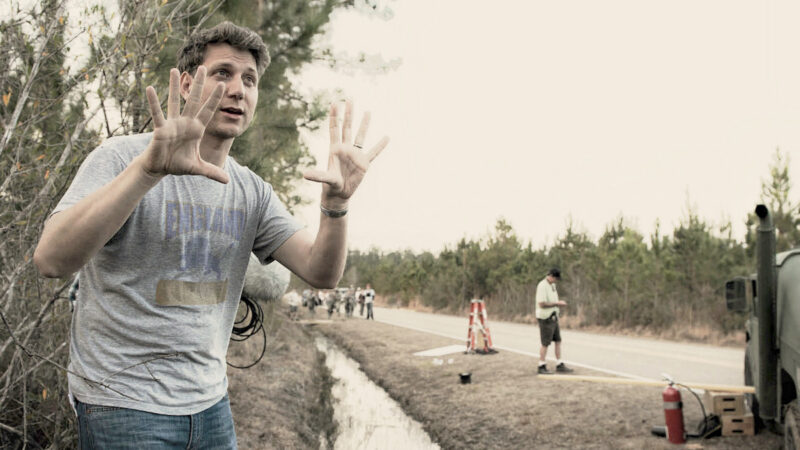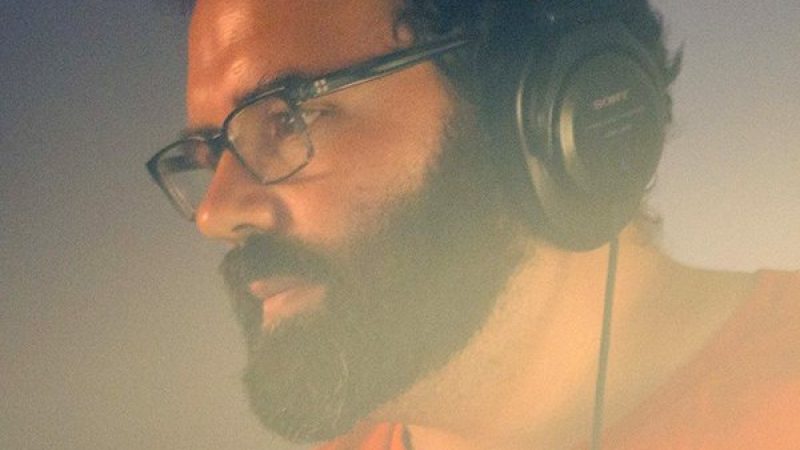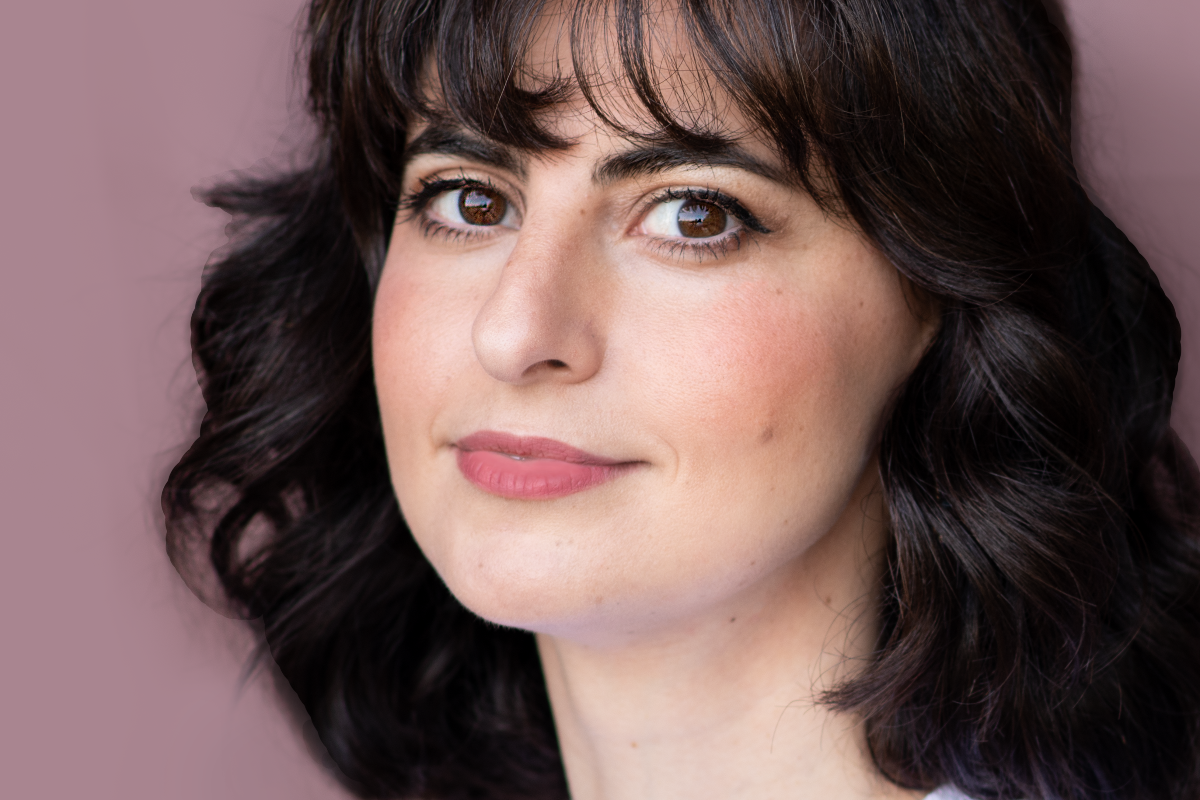
Hi! I’m Avital Ash. I’m a writer, stand-up, actor, and director. I created a series called Antisocial Distance during the pandemic. It’s a dramedy/character study/LGBTQIA+ rom-com, and a bunch of other things. It’s a little hard to qualify, which I think is a good thing.
The story explores sexuality, family, identity, and religion during a Jewish holiday in the throes of quarantine from the perspective of our flawed heroine, Josephine. It’s got a voyeuristic appeal owed to the format — Zoom conversations and other “found footage” type of video — and the naturalistic acting style.
The two-woman crew is comprised of myself — writing, directing, producing, editing, sound editing — and Livia Treviño, who started off designing the website and became my co-producer. She’s a rockstar.
Our amazing cast includes Christina Kartchner, Ellington Wells, Steven Weber, Utkarsh Ambudkar, Rose McIver, Joe Cobden, Amir Blumenfeld, Asha Wilson, Geoffrey James, Jessie Beth Kahnweiler, Gabriel Sunday, Galen Swords, Kenny Hillman, and more, including a real-life rabbi, David Kasher.
It was an incredible assortment of talent, that included not only performers with a variety of queer identities and ethnic backgrounds, but multiple filmmakers, writers, and stand-up comics. Asha wrote on ‘American Horror Story;’ Jessie created ‘The Skinny,’ with Joey Soloway; Andrew Gurland (who, along with his daughter Darcy, play themselves) created ‘Married’ on FX; Gabriel Sunday’s projects have garnered acclaim at festivals. I could spend all day bragging on behalf of this insanely talented cast. (My mom — a former midwife, current volunteer, and all-around do-gooder even does a voice!)
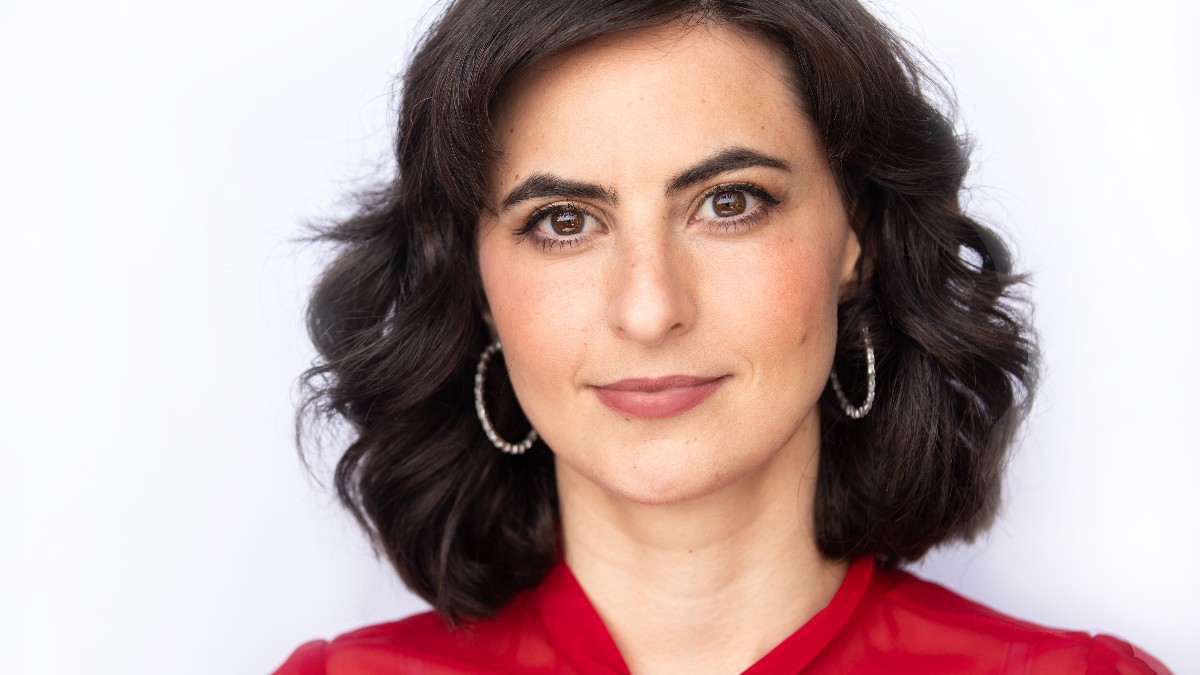
indieactivity: What is your experience working on the story, the screenplay, the production, the premiere, and the marketing?
Avital Ash (AA): The majority of my experience was incredible self-doubt, self-flagellation, and panic. Ha! There’s a lot that’s very personal about the series, and at the same time, I have great difficulty adopting an attitude of “My story needs to be told, and here’s why!” So I’m riddled with insecurity as I go.
There would be moments, usually after filming or editing a particular episode, where I’d feel like, “Wow, this is great, this is special.” But I definitely needed to see it through the eyes of others to feel any sort of lasting confidence. My work partner, Livia, was great for that, as was my romantic partner, Amir. Without them, I’m pretty sure I would’ve bailed on it.
I still have uncertainty around the decisions I made about the premiere and marketing, so perhaps this is the area where I can be most valuable to your readers!
I should know by now, from experience, that the release strategy is crucial in terms of finding an audience, but I was solely focused on making something rather than figuring out how to get it seen. The series is set over the 8 days of Passover, 2020, so I set out to release it exactly a year later. (Episodes are set April 8-15, 2020, and they were released in real-time April 8-15, 2021.) That deadline was a gift I gave myself because I needed that kind of pressure. The smarter move may have been to wait and hold off until we could drum up some buzz.
For example, Christina stars in season 2 of Never Have I Ever which just came out. Ghosts with Rose and Utkarsh debuts on CBS in October. CJ Franco is on FBoy Island, premiering at the end of the month. Rachel Wolfson stars in the upcoming Jackass Forever. Building hype, coasting off of some of that press, and upping anticipation, may very well have been a stronger play for us. Ditto submitting to fests.
I made a series years ago, 7p/10e, that went on to be developed and shot as a pilot twice at CBS. It was a similar format and, similarly, I didn’t have precise plans for marketing and didn’t submit to festivals. That gamble paid off, but that doesn’t mean taking the same tack was the right move here, you know?
Ultimately, whatever gets you to finish the project is king, so no regrets. That said, I was working from my artist’s brain more than my business brain, and I think really it pays to lead with both.
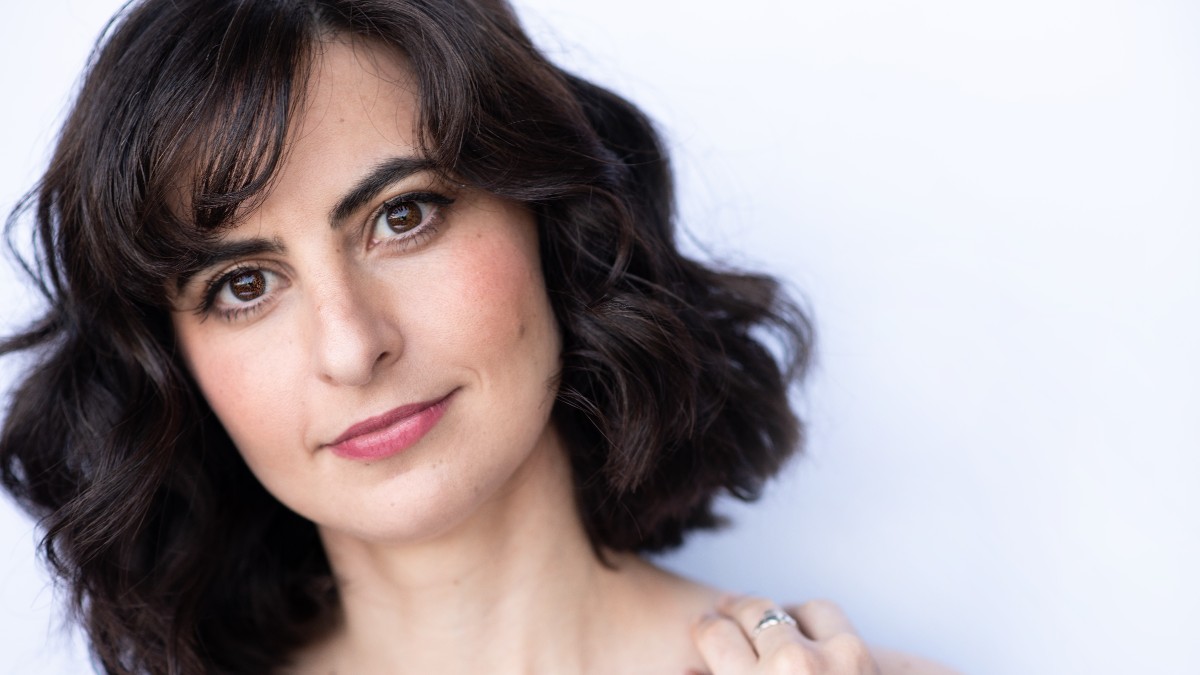
How did you put the crew and cast together? Did you start writing with a known cast?
Avital Ash (AA): Most roles were written for specific friends and often evolved. I always had Christina in mind for Margot, but she had a smaller role to start. Once we started filming and I saw what she brought to it, she gave me so much more I wanted to explore with her. When I started working with Ellington for Amber, I reshaped so much of that character to incorporate parts of what I find so magnetic about Ellington. She has this wonderful unpredictable quality, like Jack Nicholson.
I knew I wanted a real rabbi for that one episode, and I was thrilled that Rabbi Kasher said yes. He was the only one I ever imagined in that part. As far as crew, I connected with Livia when she reached out over Instagram! I’m incredibly lucky that she basically fell into my lap.
What and how long did it take to complete the script? (Was it a team effort or was it solo?)
Avital Ash (AA): Because it was constantly evolving, it took about a year. It wasn’t a full-time thing, much more on and off, sometimes off for months. I was usually tweaking the night before and the morning of the shooting. I did all the writing solo, but it’s enormously helpful to have people in your life with creative instincts that you trust. I got to brainstorm ideas with friends and bring an outline and some episodes into my writer’s group. That helped me examine and re-imagine elements that weren’t as strong. There was also a tremendous amount of improvisation, so I was often re-writing in the edit.
During the film production, what scene (that made the cut) was the hardest to shoot or edit? Why?
Avital Ash (AA): There was a scene I shot with Amir, who I live with in real life, and that one was excruciating for many reasons. I can’t say why without spoiling it. The hardest to edit was the one with Rabbi Kasher [Day 7, Part 8]. For myself and my character Josephine, the Talmudic take on homosexuality is a very loaded area. I struggled with what the episode needed to say. We filmed for an hour, and I cut it down to 5 ½ minutes. Staying objective about which moments were integral and why was a challenge.
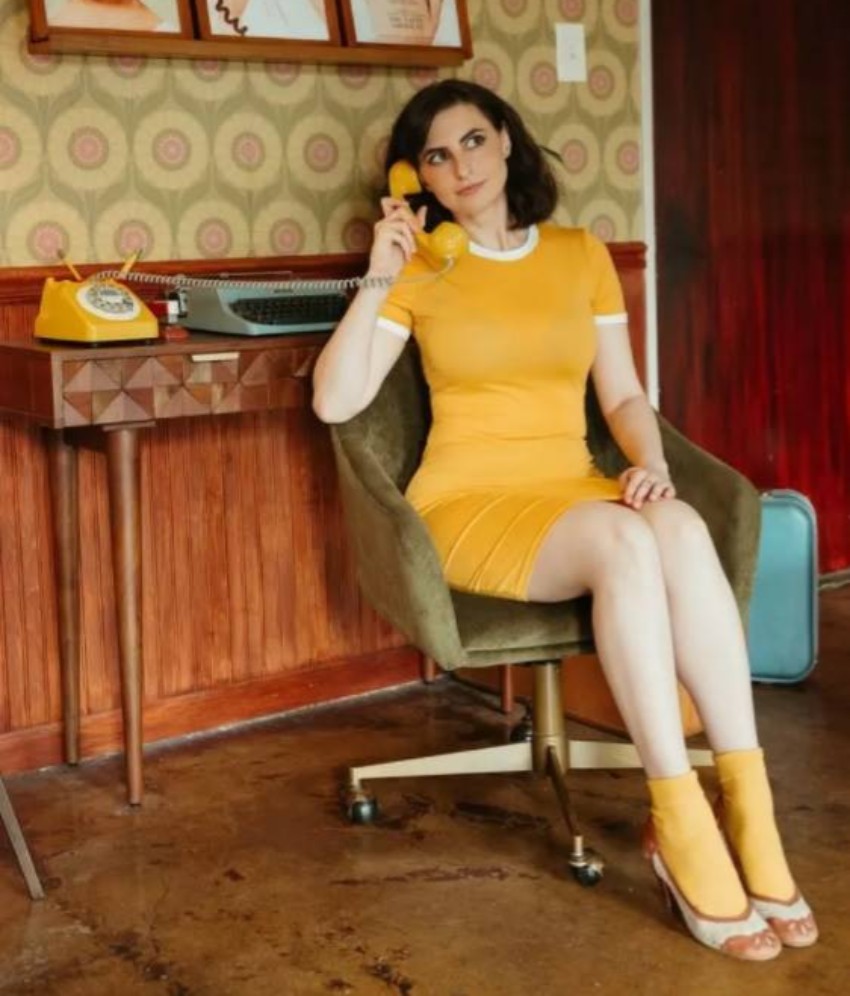
What worked better in this latest production that mightn’t have worked so well in the last one you did?
Avital Ash (AA): Flexibility. When I made Thirsty, it certainly called for flexibility, and to be a good collaborator I needed to stay malleable. I think that’s huge as a director, generally. But on this project, it was especially important because Covid-19 made a lot of us harder to pin down. That time was maybe a bit of a fever dream for a lot of people. So even in terms of schedule, I had to be less rigid.
What about independent filmmaking and the business do you still struggle with?
Avital Ash (AA): All of it! I believe that we never learn to tell a story so much as we figure out how to tell that story. On the next one, I’m sure I’ll have doubts and imposter-syndrome flare-ups.
On the business side, I don’t have a ton of confidence in myself when it comes to pitching ideas. I’m much more comfortable making a thing and being like, “Here ya go! See?” Which is less helpful for raising funds. I’d like to level up as far as budget, and the scope of the stories I can tell, and that necessitates talking a good game and loads more patience.
Where do you think your strengths lie as a producer?
AA: I’m great at finding creative workarounds when things fall apart.
Let’s talk finance. How did you finance the film?
AA: It’s costly on a personal-tax level and cost-effective on a financial level when you’re on the pre-and post-production team. The actual price tag was next to nothing, as people were so generous with their time and talent. And thanks to SAG micro-budget contracts they were able to be. I’m also very lucky to have enough savings from selling a couple of shows and some acting work that I wasn’t worried about starving and could afford to dedicate my time to what was essentially a fuck ton of free work.
How much did you go over budget? How did you manage it?
AA: It might sound dumb but I went over budget in terms of time. I have ME/CFS and struggle with debilitating fatigue, so it felt like I went into debt with my body. Some days I had to dedicate entirely to rest, even if I couldn’t sleep. Other days I’d max out, editing until morning. I ended up cutting some episodes I wanted to shoot, to save time and energy. In hindsight, it served me and the story, because it forced me to streamline.
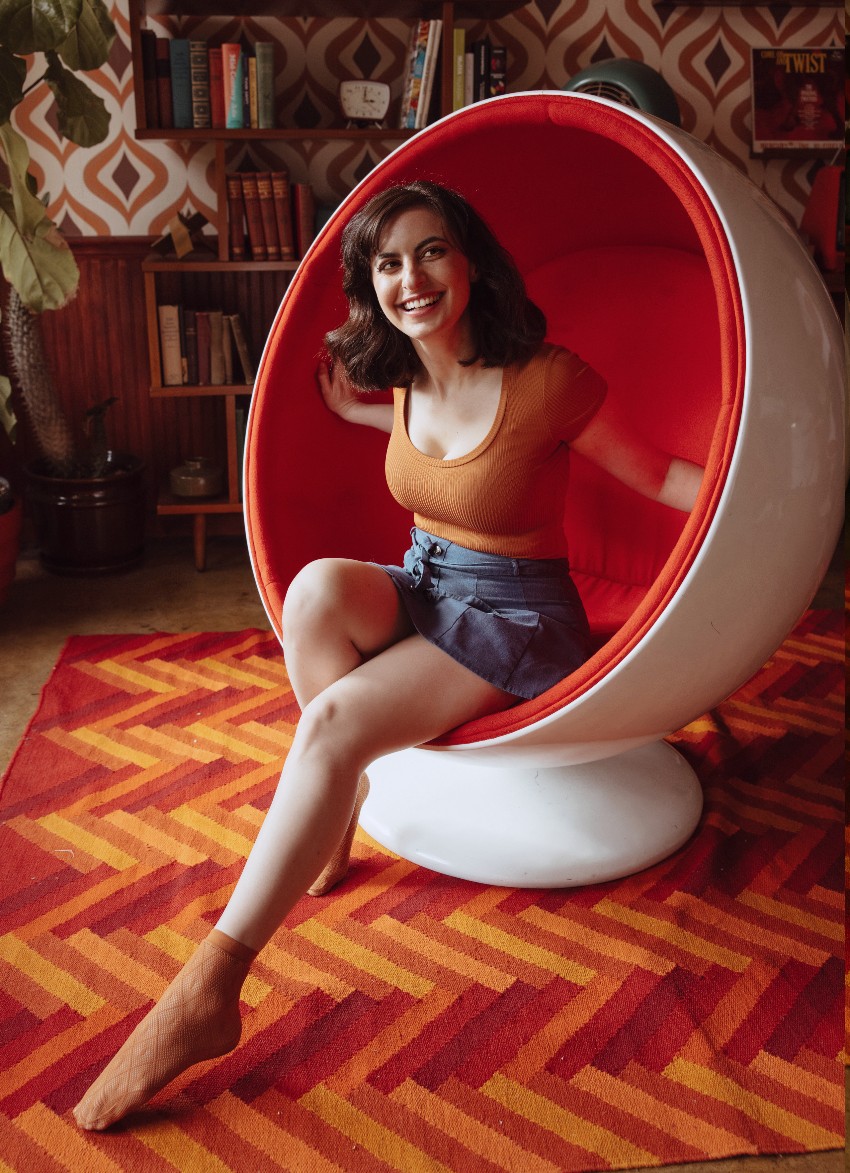
How important is marketing? Do you think a project can make a dent without it nowadays?
AA: A project can definitely hit without marketing but it’s so difficult and rare. The indie success stories you hear about are already the exception to the rule, and that’s usually with the aid of marketing.
Tell us about marketing activities or efforts on this project – and how it worked or didn’t work?
AA: I built up a following on TikTok from my standup and was hopeful that posting about the series would drive traffic there. Unfortunately, so far that hasn’t been the case. Fans of my comedy are not necessarily curious about me as a filmmaker or actor. Going on Amir’s podcast helped a lot. They have great fans and, since Amir’s in the series, many were willing to make the jump from podcast listener to series-viewer and give it a chance. I guested on some other first-rate podcasts, too, but it didn’t translate the same way.
What do you hope audiences will get from the presentation of your series?
AA: I’m so happy with how audiences are reacting and what they’re getting out of it. The comments on the final episode (on Youtube, which is the way to watch the series if you’d like to be able to comment) are overwhelmingly kind and thoughtful. The DMs, too. The major recurring sentiments are that the series made individuals feel less alone, or seen, or just made them feel. I was touched by the number of people that said it made them cry and the outreach from those who had to reckon with their own sexuality, identity, religion, and/or desires in a comparable way. Hearing all of that is the best.
What else have you got in the works?
AA: I’m doing stand-up, finishing up a new comedy pilot, and working on a horror novel. I voice a character in a new video game and have a fun cameo in a dope music video coming out soon, but not sure I’m allowed to say what or who! I also co-host the horror movie podcast He’s Right Behind You when Jessica Richards and I feel up to it.
Tell us what you think of the interview with Avital Ash. What do you think of it? What ideas did you get? Do you have any suggestions? Or did it help you? Let’s have your comments below and/or on Facebook or Instagram! Or join me on Twitter.
Follow Avital Ash on Social Media
Website
IMDb
Facebook
Twitter
Instagram
Vimeo
MORE STORIES FOR YOU
Director Amy Glazer Brings Kepler’s Dream to Life
An 11 year old searches for a missing rare book from her grandmother’s library
How I Made My Film, ‘Fear, Love & Agoraphobia’ by Alexander D’Lerma
A Step by Step Filmmaking Process of Fear, Love & Agoraphobia
The Key Facts Behind How Jeff Nichols Made The Indie Hit MUD
Jeff Nichols gives himself directorial challenges to master on every project.

